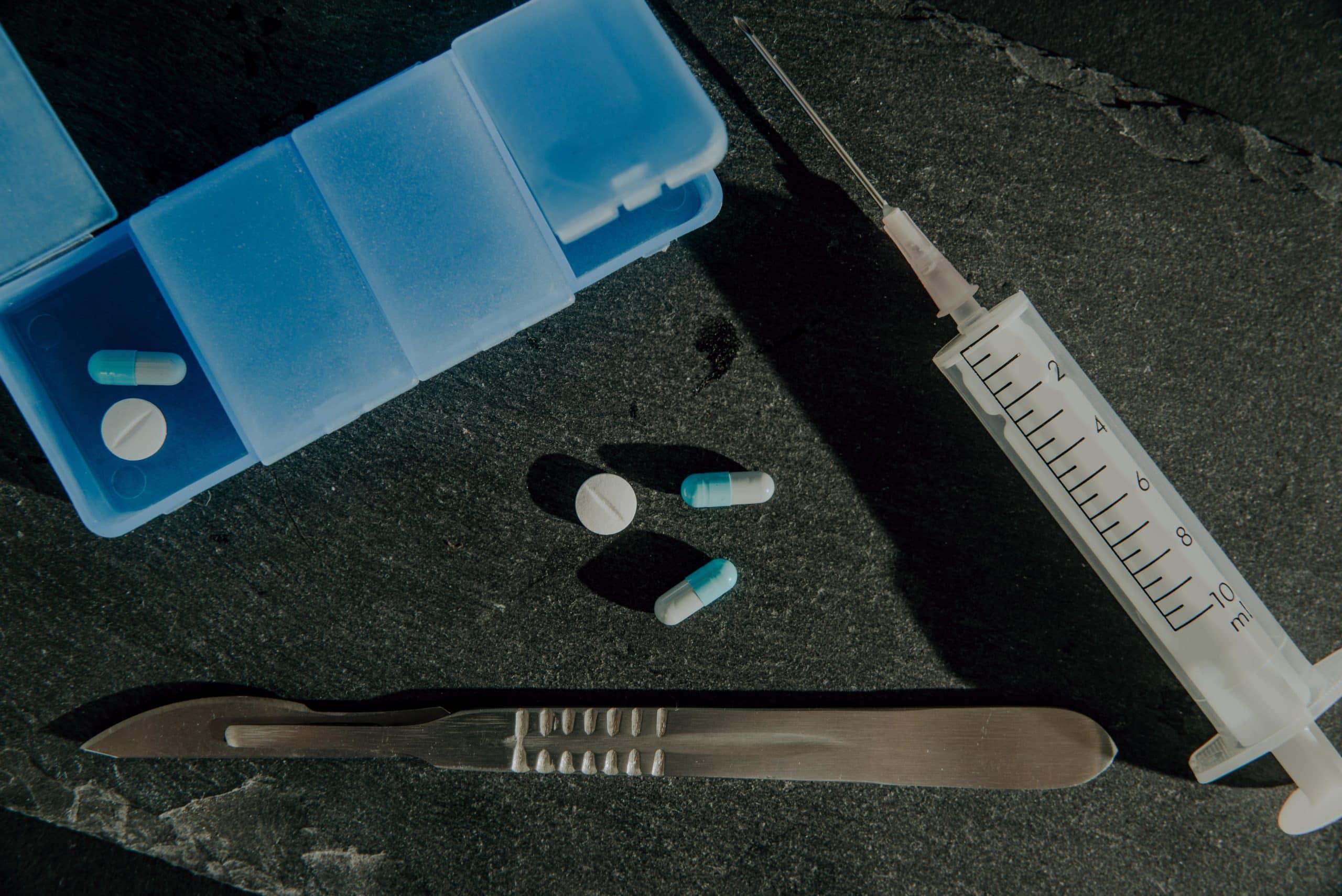Medicine is constantly evolving. Innovative new technology and chemical compounds often become the most advanced treatments recommended by doctors and surgeons nationwide. These advancements often save lives. Occasionally, though, drugs or medical devices released without proper testing can cause more harm than good. When a doctor-recommended product is the subject of a drug or medical device recall, it’s big news. For many, these drug and device recalls rocked the world of medicine.
Zofran Drug Recalls
In 1991, the United States Food and Drug Administration (FDA) approved Zofran for use as an anti-nausea medication for cancer patients undergoing chemotherapy. Its success led doctors across the country to prescribe Zofran to pregnant women for their morning sickness. Although the FDA did not explicitly approve this use, Zofran quickly became one of the most widely prescribed drugs in America.
In 2012, the 32 mg intravenous dose of Zofran was recalled by the FDA. Studies showed it posed significant danger to the heart. Patients with heart conditions, low potassium or magnesium, or those taking medications which increase the risk of dangerous heart arrhythmia were at a particular risk of developing a life-threatening arrhythmia while using Zofran. The FDA now deems intravenous Zofran unsafe at dosages over 16 mg. GSK, the manufacturers of Zofran, also came under fire for other problems later. Parents who were prescribed Zofran for morning sickness gave birth to children with crippling heart defects. Many families blamed Zofran for these abnormalities. Lawsuits claimed GSK marketed Zofran for this “off-label” use and potentially knew of the risk to fetuses. These lawsuits were settled for billions.
Zantac Drug Recalls
One of the newest and most surprising drug recalls, Zantac is an over-the-counter treatment for heartburn. In 2019, a pharmacy informed the FDA that they found N-Nitrosodimethylamine (NDMA) in both name brand Zantac and their generic drug, both of which contain ranitidine. In April 2020, the FDA issued an immediate recall of over-the-counter ranitidine products after tests discovered the concentration of NDMA, a cancer-causing chemical, increased over time with normal storage. Overnight, drug stores pulled Zantac and all generic ranitidine from shelves everywhere. The FDA has deemed Zantac360, containing famotidine, safe for use as no NDMA was detected.
Philips CPAP/BiPAP Device Recall
Philips is a trusted name in medical equipment manufacturing. However, in 2021, the FDA issued a recall of several CPAP and BiPAP respirators manufactured by Philips’ Respironics division. The sound abatement foam within the device broke down over time and released foam particles into the airway where users may inhale or swallow them. Exposure could cause headaches, respiratory problems, and may even be linked to carcinogenic effects. The FDA has classified this recall as a Class I, the most dangerous type of recall, and is working with Philips to get to the bottom of the problem. The machines affected include the DreamStation, A-series, C-series, SystemOne, Dorma, and Trilogy lines of products.
Hernia Mesh Recalls
From 2005 to 2019, several manufacturers issued recalls for their hernia mesh devices. These device recalls shook the medical community due to its widespread nature. Hernia mesh devices are implants that strengthen the muscle wall of the abdomen. This prevents the organs from slipping through the muscles, causing hernias. However, many brands of mesh, including some of the country’s most prominent manufacturers like Atrium and Bard, appear to cause potentially dangerous health concerns. Some of these effects include adhering to surrounding tissue, migrating from the implantation location, puncturing organs, and other severe problems.
Fighting for Wronged Consumers Nationwide
Over the course of 30 years, McCune Wright Arevalo, LLP, has grown into one of the largest consumer law firms in Southern California and one of the fastest growing in the country. Our team of Medical Device & Pharmaceuticals attorneys has tirelessly defended the rights of patients who have suffered as a result of faulty, defective, or dangerous drugs and medical devices. With numerous multi-million-dollar recoveries, MWA aims to secure the most positive outcome possible. If a defective or dangerous drug or device has negatively impacted you, contact MWA today to receive a FREE consultation.
